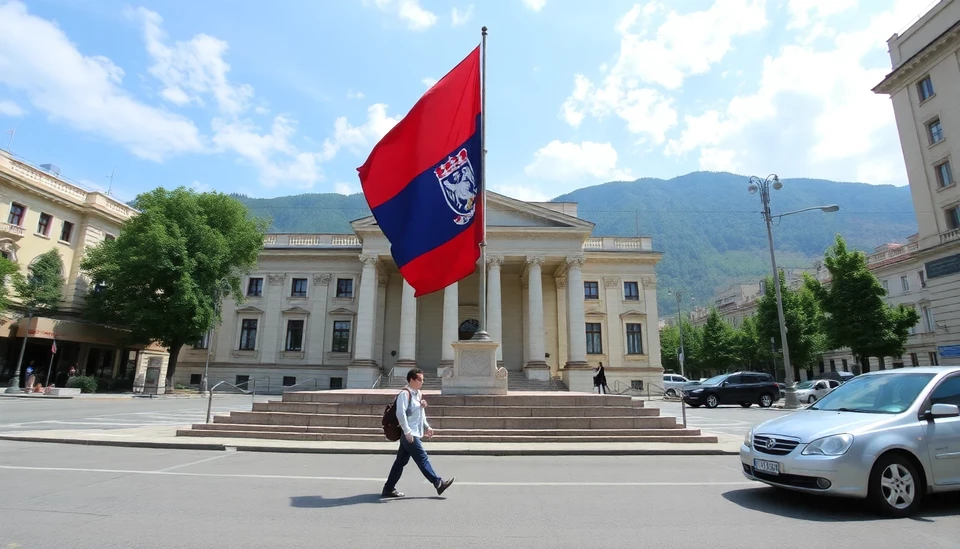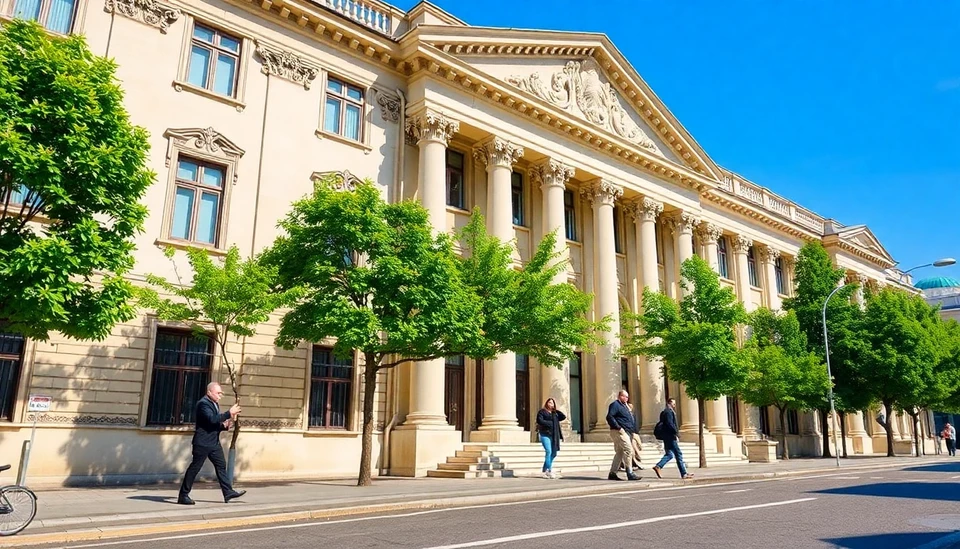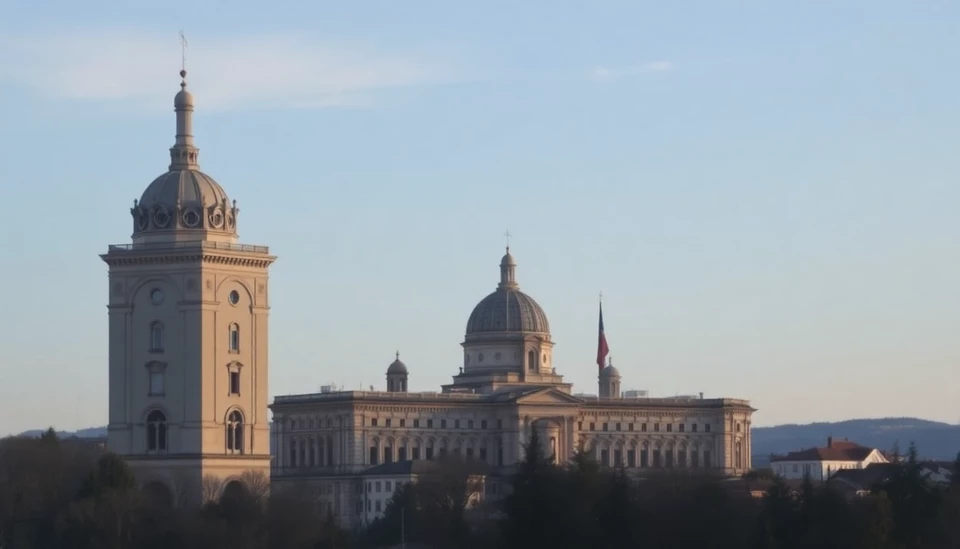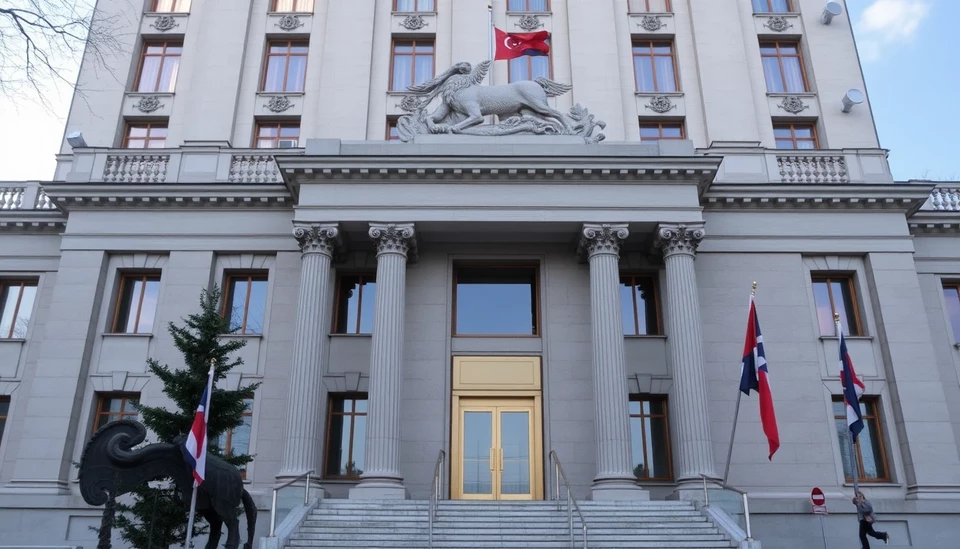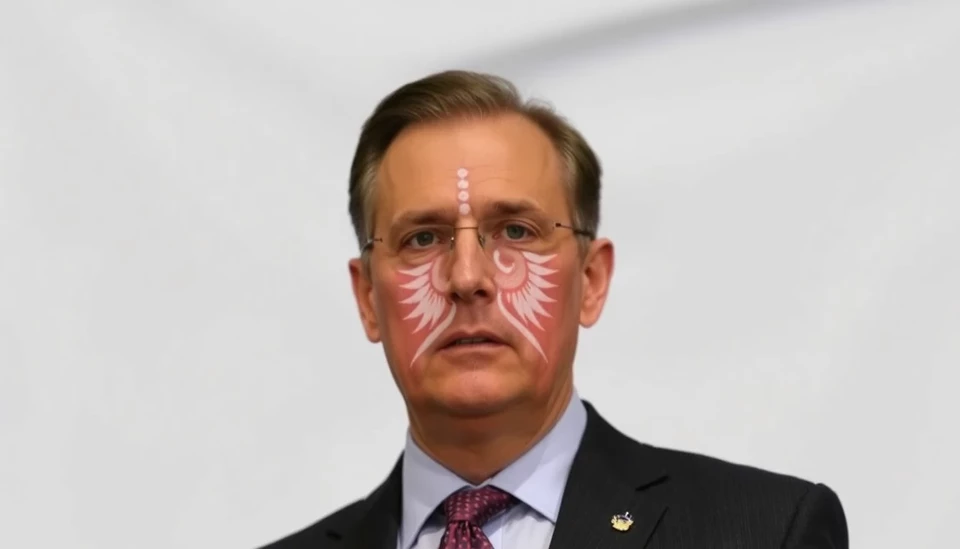
In a significant development for Serbia's economic landscape, the nation has missed the crucial opportunity for a credit rating upgrade from Fitch Ratings. This window of advancement was largely seen as a possible recognition of Serbia’s economic resilience and its ongoing efforts to stabilize post-pandemic. However, recent political turmoil has overshadowed these positive indicators, casting a long shadow over the country's financial reputation.
Fitch, a prominent global rating agency, recently issued a statement highlighting that the country’s ratings are still under scrutiny. The agency pointed out that the political turbulence within Serbia, including potential government instability and public dissent, has raised concerns regarding the country's ability to implement necessary economic reforms effectively.
The backdrop to this rating decision includes a series of protests and political strife that have taken hold in recent months. Discontent among the populace, largely directed at the government's handling of various economic issues and social justice matters, has spurred widespread demonstrations. These events have been perceived as a challenge to governance, thereby destabilizing investor confidence.
Economic analysts had viewed a planned upgrade as achievable given Serbia's efforts towards fiscal consolidation and strong growth rates; however, the recent unrest has disrupted these efforts. Many experts believe that without a swift resolution to the ongoing political disputes, Serbia's economic momentum risks stagnation, which could lead to further downgrades rather than upgrades in the near future.
Moreover, the Serbian government has to navigate a delicate balance between addressing public grievances and maintaining the confidence of international markets. Fitch's analysis emphasizes the importance of political stability in attracting foreign investments which are crucial for the country’s economic growth trajectory. The current environment, marked by uncertainty, could hinder Serbia’s ability to compete effectively for foreign capital, potentially leading to adverse financial repercussions.
Looking forward, the Serbian administration faces a formidable challenge. Re-establishing stability and investor confidence will likely require expedited dialogue between political factions, alongside a recommitment to economic reforms. The government has publicly emphasized its commitment to improving conditions for both the local populace and foreign investors, but the effectiveness of these assurances remains to be seen amidst ongoing civil unrest.
As Serbia awaits its next chance for a credit rating review, the stakes for its political leadership and economic stability hang in the balance. The international community will be closely watching how Serbia responds to these challenges, as it could set the tone for the country’s future financial evaluations and overall development.
In summary, while Serbia’s path seemed paved for an upgrade, the current political climate complicates prospects for immediate recovery. Such conditions highlight the intricate interplay between governance, economic policy, and public sentiment in shaping a nation’s creditworthiness within the global market.
#Serbia #FitchRatings #CreditUpgrade #PoliticalTurmoil #EconomicStability #Investors #Governance #PublicProtests #ForeignInvestment
Author: Laura Mitchell
